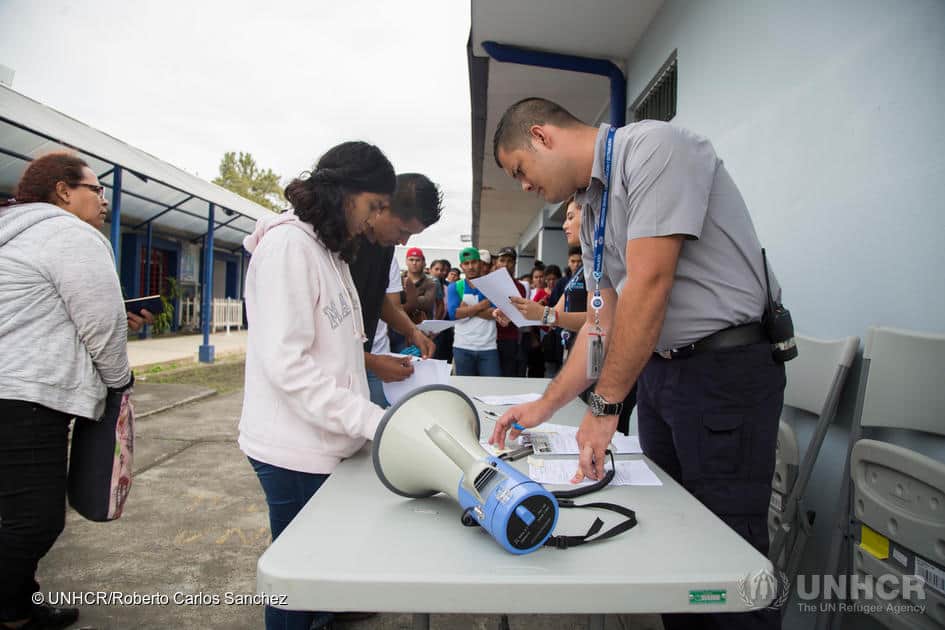Nicaragua announced that it is withdrawing from the United Nations High Commissioner for Refugees (UNHCR), accusing the agency of making “biased” statements about Nicaraguans fleeing to other countries. The decision, outlined in a letter from Foreign Minister Valdrack Jaentschke to UNHCR chief Filippo Grandi, marks another step in the country’s retreat from international organizations.
The letter, shared by pro-government media, criticized UNHCR for acting as “an instrument of manipulation, double standards, and interference” in Nicaragua’s affairs. The move follows UNHCR’s recent call for increased support for thousands of Nicaraguans seeking refuge in Costa Rica, escaping poverty and repression. The agency highlighted a funding shortfall that has left many refugees without adequate protection.
This withdrawal is part of a broader pattern under President Daniel Ortega’s government. Last month, Nicaragua exited UNESCO after the agency awarded its press freedom prize to a Nicaraguan newspaper whose staff were forced into exile. The country has also pulled out of the UN Human Rights Council, the International Organization for Migration, and the International Labor Organization, citing criticism of its human rights record.
Ortega, who led Nicaragua after overthrowing a US-backed dictatorship in 1979 and returned to power in 2007, has grown increasingly authoritarian. Since 2018, when he faced major anti-government protests—labeled a US-backed coup attempt by his administration—Ortega has consolidated control over all branches of government and shut down thousands of NGOs. His government’s actions have drawn international condemnation, prompting further withdrawals from global bodies.
The exit from UNHCR raises concerns about the plight of Nicaraguan refugees, particularly in Costa Rica, where many rely on international aid. It also signals Nicaragua’s deepening isolation on the world stage, as Ortega’s administration continues to reject oversight and criticism from global organizations.






